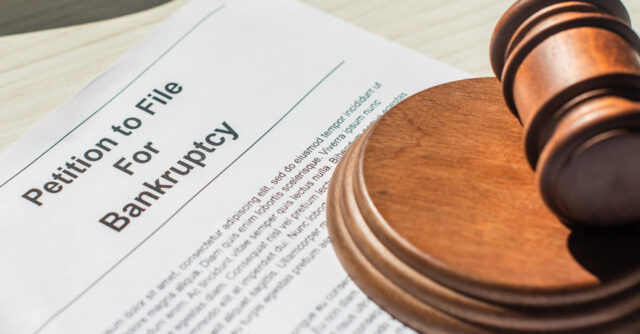Navigating the complexities of Chapter 7 bankruptcy in Wyoming requires a thorough understanding of essential procedures to maximize its benefits. A crucial aspect is the means test. Please continue reading as we explore the steps you can take to show that your disposable income is not high enough to make reasonable payments to creditors, and the importance of consulting our experienced Wyoming Chapter 7 Bankruptcy Lawyers for guidance during this challenging process.
What is the Chapter 7 Means Test and How Do I Pass?
First and foremost, it’s important to understand that Chapter 7 is a form of bankruptcy in which your assets are liquidated as a way of repaying creditors before having the remainder of your eligible debts discharged with the conclusion of your case. This type of bankruptcy offers a relatively quick resolution, typically concluding within six months, making it an appealing option for many. However, it’s crucial to understand that your property may be sold to repay your creditors to satisfy outstanding debts.
To file for Chapter 7 in Wyoming, you must pass a means test. This test essentially compares your annual income to the average income for households of a similar size in your state. If your income is below this average, you are generally eligible to file Chapter 7 bankruptcy. If your income exceeds this average, you may need to explore alternative options, like Chapter 13.
Even if your income is initially too high, you might still qualify under Chapter 7 by factoring in certain debts to decrease your disposable income. Secured debts such as mortgages and auto payments can carry significant weight in these calculations. Additionally, overdue taxes, healthcare costs, and expenses related to caring for those with disabilities can be deducted to potentially help you meet the strict Chapter 7 income criteria.
What Can I Do if I Fail?
If you fail the Chapter 7 bankruptcy means test, don’t panic, as you may still be eligible to file for Chapter 13 bankruptcy. This type of bankruptcy involves a repayment plan spanning three to five years. Upon successful completion, this plan allows for the discharge of many debts, similar to Chapter 7 bankruptcy. Chapter 13 can be especially useful if you are trying to keep assets like your home or vehicle by catching up on payments.
Alternatively, you may explore other debt relief options or potentially try again with Chapter 7 if your financial circumstances change. A significant change in income and an increase in living expenses since a previous Chapter 7 filing may create future eligibility for Chapter 7. However, a waiting period may be required. Consulting an experienced attorney is advisable when considering filing for Chapter 7 bankruptcy.
At 307 Bankruptcy, we are prepared to help you understand the means test, assess your eligibility for different debt relief options, and guide you through the process. Connect with our firm today for guidance and skilled representation.



